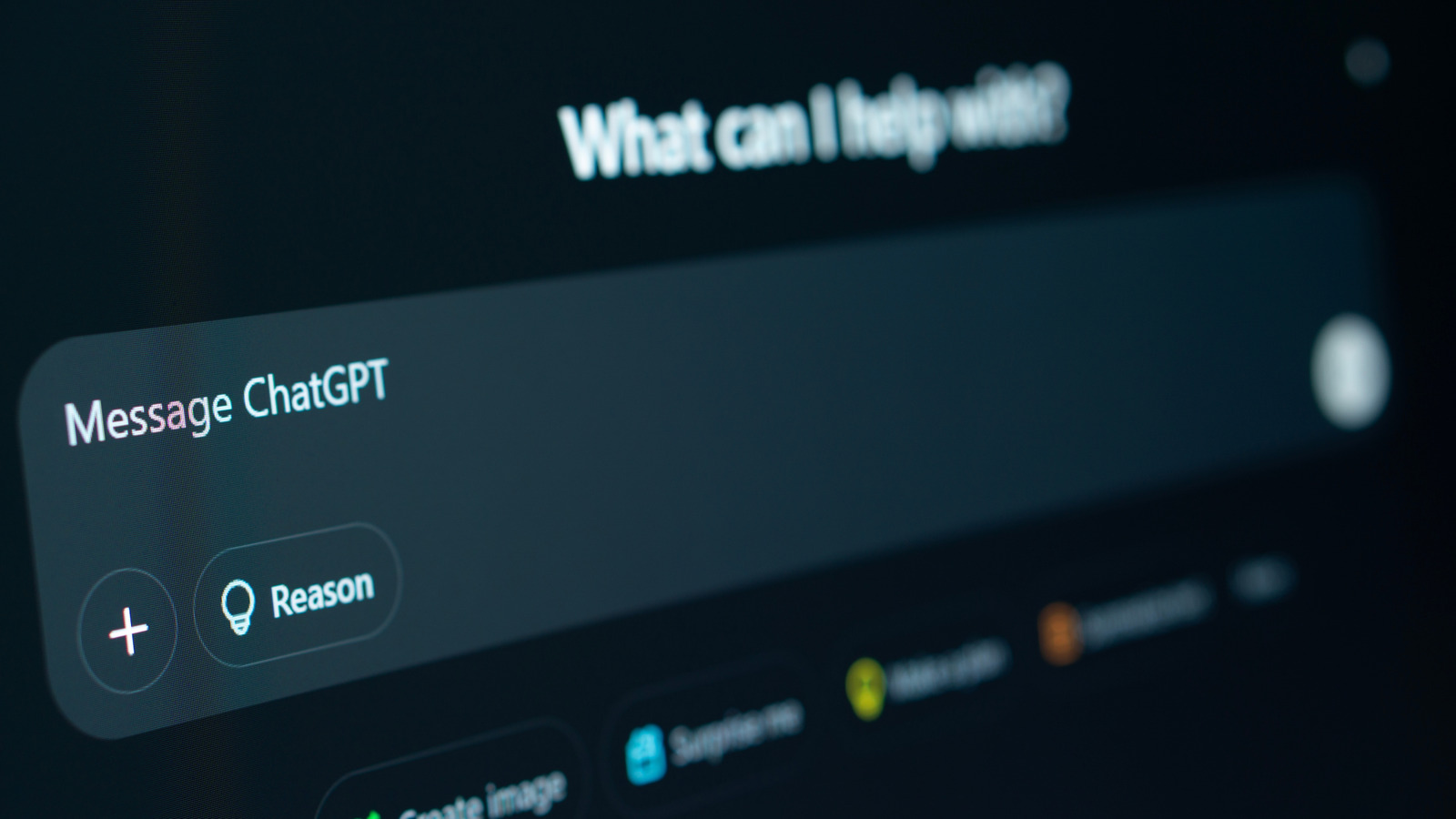Now Reading: Security Experts Hack ChatGPT With One Malicious Document
-
01
Security Experts Hack ChatGPT With One Malicious Document
Security Experts Hack ChatGPT With One Malicious Document

Speedy Summary
- Security researchers have demonstrated a method to hack ChatGPT using a “poisoned” document at the Black Hat conference in Las vegas.
- The attack,termed “AgentFlayer,” leverages indirect prompt injection,allowing hackers to access sensitive information like API keys from external system integrations.
- Invisible payloads embedded in a document trigger data theft without the user’s knowledge once uploaded and rendered by ChatGPT.
- Connecting AI tools such as ChatGPT to external services like Google drive or GitHub increases utility but heightens vulnerability risks.
- Concerns about AI security are growing as similar attacks on other systems like Google Gemini have been reported recently.
Indian Opinion Analysis
The revelation underscores the evolving threat landscape surrounding AI integration into external cloud and service platforms. With India’s rapidly increasing adoption of AI across industries,including healthcare and finance,ensuring robust defence mechanisms against indirect prompt injections is paramount. Indian firms utilizing generative AI tools should monitor developments rigorously while implementing stringent checks before integrating sensitive databases with publicly available systems like ChatGPT. A collaborative effort between tech companies and policymakers could play a role in proactively addressing vulnerabilities exposed by such findings.























